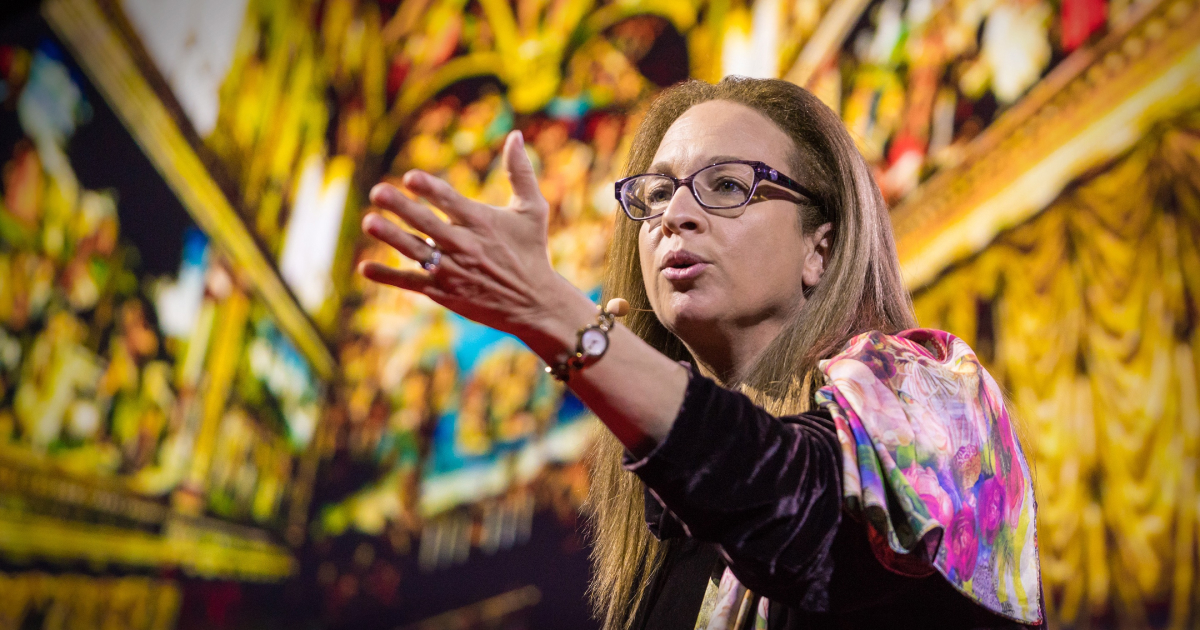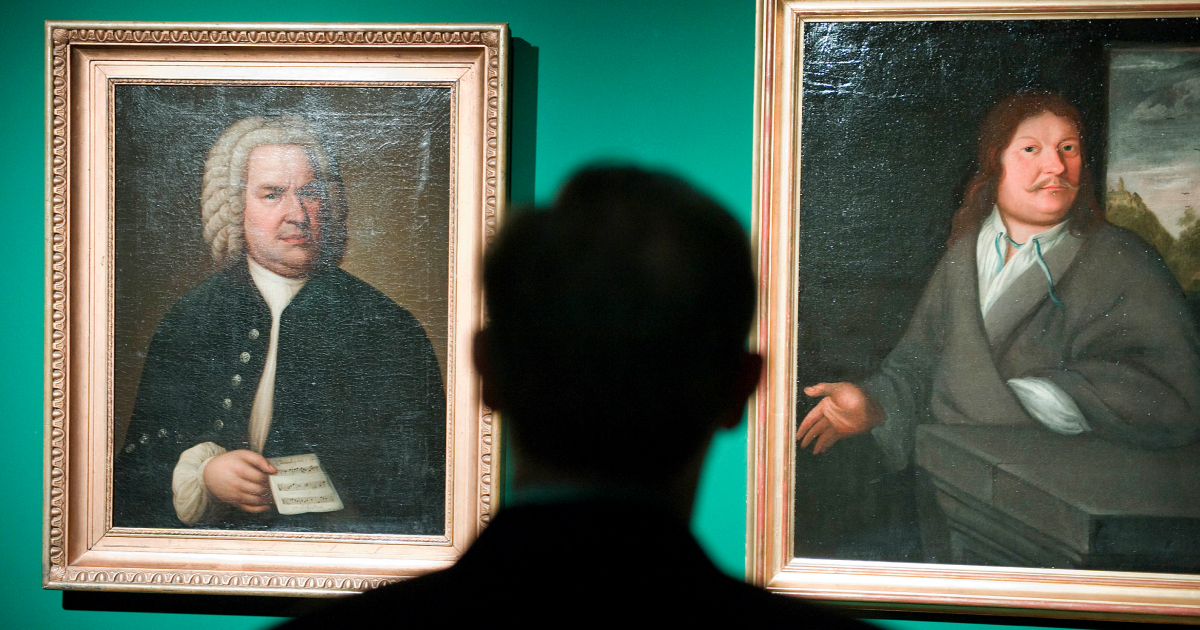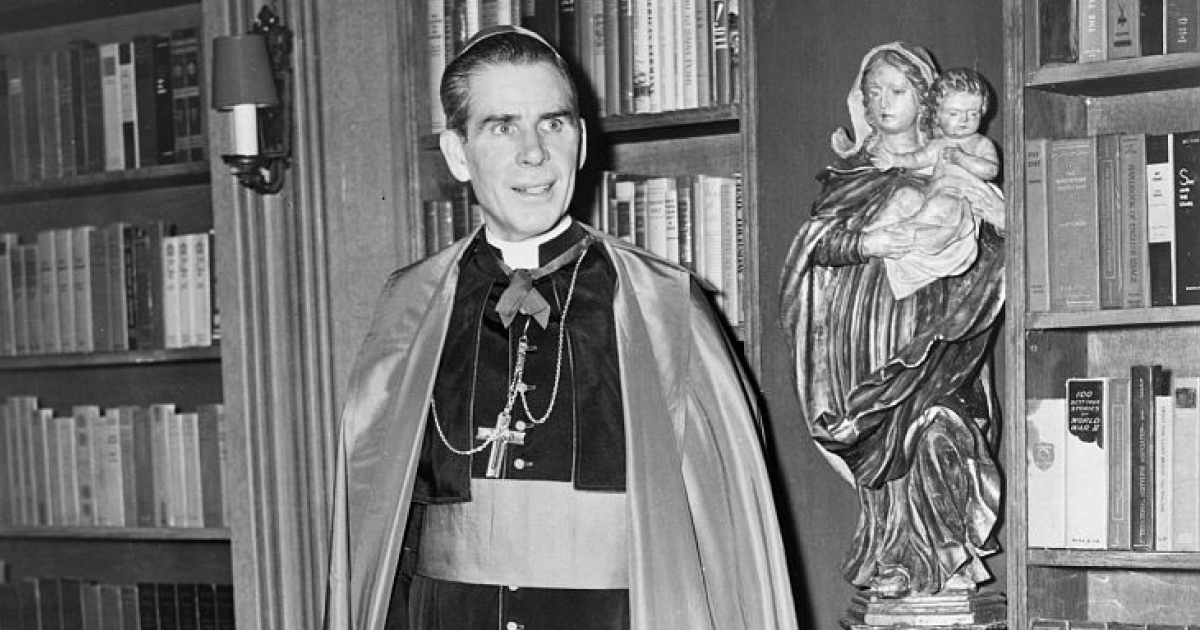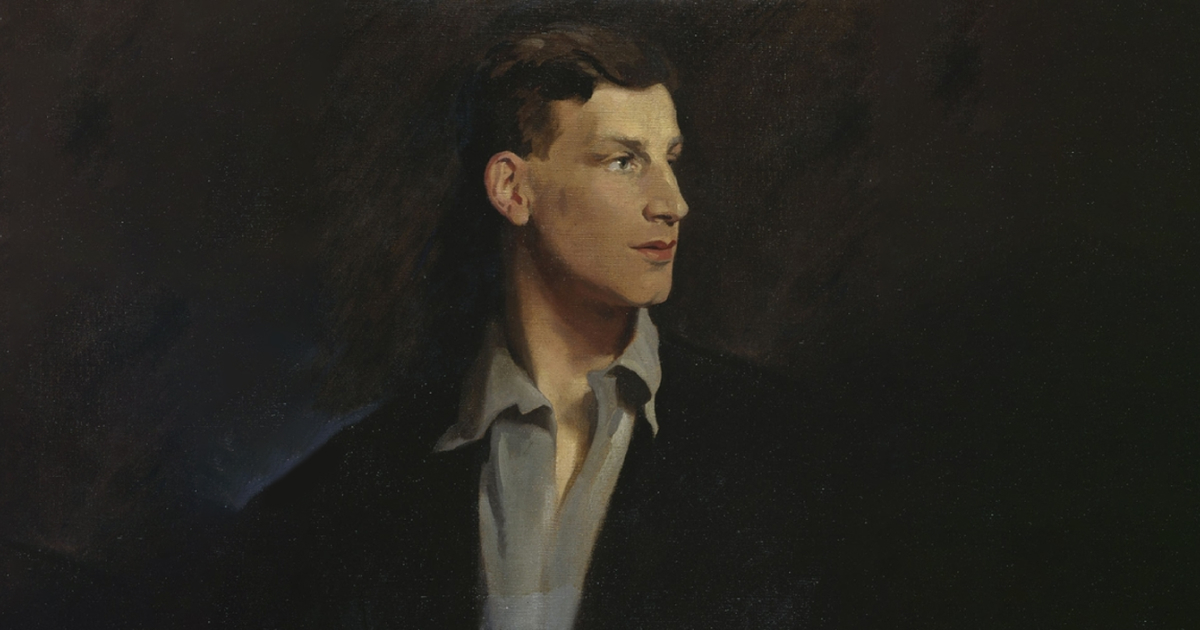The first US pontiff met filmmakers at the Vatican on Saturday 15 November and described cinema as "a workshop of hope”. Hours later in London's Coliseum, the English National Opera's play Dead Man Walking demonstrated exactly what the pontiff meant.
Yet for all the five-star reviews and sold-out houses, critics are missing the deeper story: what makes this work so powerful isn't just the performances or Jake Heggie's gospel-infused score, but how it reveals the fundamental disconnect – and potential reconciliation – between Catholic witness and contemporary secular culture.
The Pope's speech didn't directly address this disconnect. His ideas of hope and love were left relatively vague and open-ended, no doubt to help bridge the gap between Church and rest of the world. But there is a fundamental difference we cannot ignore. The worldview dominating contemporary Western culture operates under the shadow of post-modern philosophy: Foucault's reduction of truth-claims to power plays, Lévi-Strauss's relativism, Sartre's existentialism whereby we create our own meaning.
They speak to subjective morality – to truth as a social construct. But, against this, the power of Catholic voices comes from their insistence on objective moral reality. Such apologetics work best when not explicitly argued but shown – and Dead Man Walking shows them with devastating clarity.
With free admission for those under-21 and reduced fees for the under-35s, the ENO production drew crowds who may never have encountered a Salve Regina or a consecrated religious. What they witnessed was authentically human and authentically Catholic – stories radical for the secular culture but profoundly relatable for a Catholic audience.
The opera opens with the crime itself: brutal rape and murder staged with what Broadway World called "nuclear-level content warnings”. But it isn't exploitation. It's moral necessity: you must understand exactly what Joseph De Rocher did before watching a nun refuse to abandon him. The radical nature of Sister Helen's witness deepens as his guilt becomes undeniable.
Here's what secular reviewers circle around without quite naming: Sister Helen isn't doing anything special. Visiting prisoners is one of the corporal works of mercy demanded in Matthew 25; until the prisoner is a rapist-murderer of teenagers, perhaps. But Sister Helen sings that we are not our worst actions; to hate the sin but not the sinner. For a transactional society, this unrelenting belief in redemption appears extraordinary.
Michael Mayes's Joseph, honed over a decade performing this role from New Orleans to Tel Aviv, remains monstrous almost to the end: swaggering denial, self-pity, a constant leg tremor manifesting guilt and fear. There’s no sentimentality – no easy redemption arc. Mayes, a Texan who's "seen Joseph's growing up" on the trailer park, is magnificent and looms large in every scene he's in.
And there is Father Grenville too, prison chaplain, institutional foil. Ronald Samm creates what Gramophone praised as a "multi-dimensional" character; not hypocrite but exhausted pragmatist. He's seen too much to believe some souls can be saved. His worldliness masquerades as wisdom: "You're wasting your time, Sister. He's beyond anyone's help." It is this tension which illuminates what the Church offers that secular culture has abandoned: the insistence that redemption remains possible for all.
"I will be the face of love for you. I will be the face of Christ for you," is Sister Helen's response. Presence – that’s what she offers, not argument. The challenging Catholic teaching against capital punishment becomes credible because it emerges from merciful accompaniment, not abstract principles. This is what Pope Francis meant by "primacy of mercy over justice”, and what his predecessor Benedict called via pulchritudinis: the way of beauty that unlocks yearning.
The reason this opera exists is that Sister Helen, now 86, wanted to shine a light on capital punishment: her 1993 memoir then became an opera in 2000, written by Jake Heggie with Tony-winner Terrence McNally. It's become the most widely performed opera of the 21st century, with over 80 productions across five continents. The reason for its success? Probably part of it is because it doesn't preach rather it shows.
These sorts of works don't argue Catholic positions. They show Catholic life lived without compromise or calculation. To Catholics, staying with dangerous or lost sheep represents basic pastoral theology. To secular utilitarianism appraising risks and cost-benefits, it appears insane. The disconnect reveals itself precisely here: what Catholics experience as ordinary fidelity appears revolutionary to the world.
Consider the pattern across contemporary films and stories with a Catholic theme. Of Gods and Men: Trappist monks staying with threatened Algerian Muslims, choosing likely martyrdom over abandonment. The Mission: Jesuits building economic justice with the Guaraní, dying rather than abandon them. Diary of a Country Priest: Bresson's masterpiece where the failing young priest facilitates conversion through weakness. Dialogues of the Carmelites: sixteen nuns walking to the guillotine singing Salve Regina.
Faithfulness beyond reasonableness shocks the world and points to humble belief in objective truth and a living God.
A secular-themed film like American Beauty is artfully made, but Schindler's List, The Shawshank Redemption, The Lord of the Rings and Les Misérables touch on something deeper because they don't merely reflect life – they insist life means something. Dead Man Walking continues this tradition: subtlety, talent and meaning combined with moral clarity. The difference isn't craft, it's the presence of transcendent truth that secular craft alone cannot provide.
This is what Leo XIV warned against when he told filmmakers that "the logic of algorithms tends to repeat what 'works,' but art opens up what is possible." Dead Man Walking refuses algorithmic thinking. There is no sermonising, rather a woman singing to a murderer, refusing to calculate whether he deserves her presence.
As the long-time performer of Sr Helen in the US, Joyce DiDonato, put it: "Either forgiveness is available to all of us or none of us." The real Sister Helen gave Heggie and McNally one instruction: "It has to remain a story of redemption." She calls this dynamic "sneaky Jesus”.
British audiences are responding powerfully, with a near sold out maiden-run by the ENO and five-star reviews awarded across diverse publications. Yet something essential goes unremarked by secular critics: why this might resonate so keenly when it represents so much of what post-modern thought rejects?
The answer reveals what the Church offers to culture: depth of experience and love accessible to all, quiet radical witness operating through presence rather than argument. It does this not by abandoning truth claims but by embodying them so authentically that even secular audiences recognise something real.
Grace even extending to rapist-murderers collapses tidy categories. It unsettles believers as much as sceptics. And in that unsettling, the radical emerges from routine. Hope appears where it shouldn't. It is this intensely Catholic story that critics love whether or not they realise it; and it is thanks to the realism and subtlety of the telling it becomes a workshop of hope.
In our modern times, when religious voices can seem so marginalised, Dead Man Walking shows another way. Offering patient love and unshakeable commitment for those that others would see as un-loveable, with ordinary holiness appearing extraordinary simply by believing in the other to be redeemed.
By calling cinemas "workshops of hope", Pope Leo is referring to workshops as places that are always crafting while often being gritty: spaces carving meaning out of many materials. But to make them truly workshops of hope, the Pope makes clear that this hope has to be based on core truths: a God who never abandons us accompanied by a call to become pure in heart and peacemakers through sacrifice, love and redemption (metanoia).
This is the hope that reaches throughout the history of the Church, with each of the above truths made perfect in Christ's sacrifice on the cross for which all these other stories are echoes.
Photo: a still from the 'Dead Man Walking' production (screenshot from eno.org)
'Dead Man Walking' ran from 1 November - 18 November at the ENO London Coliseum. Its highly successful first run makes it likely that it will be staged in the UK again soon, potentially offering an opportunity for those who missed it but would wish to see it





.jpg)





.jpg)





